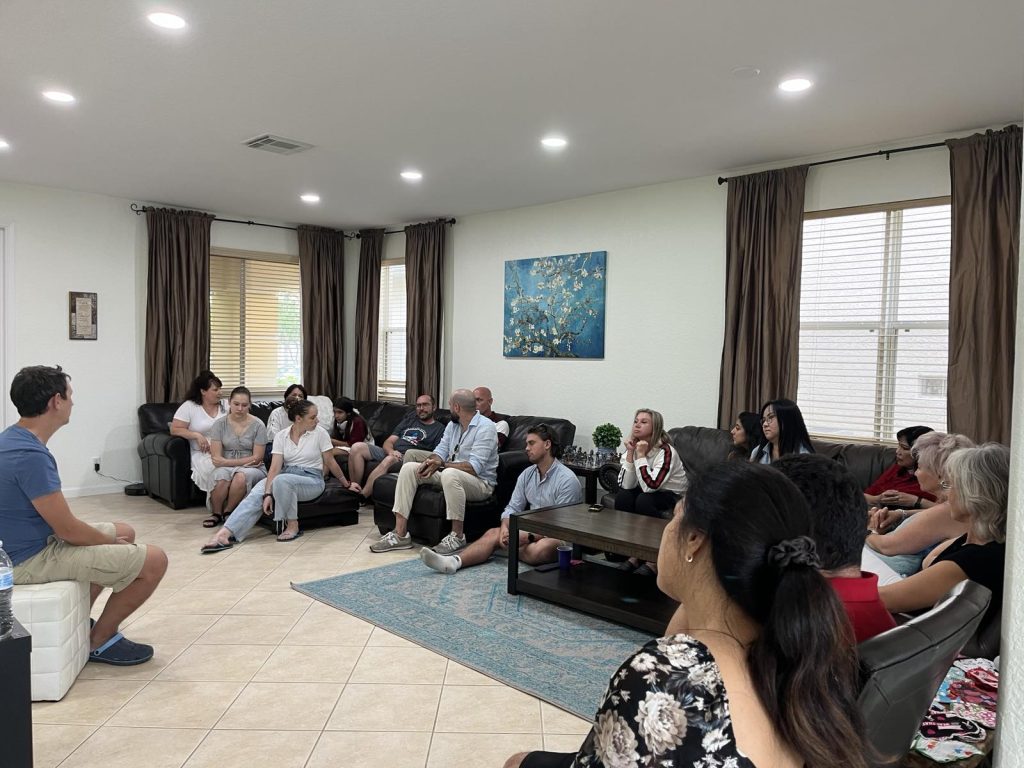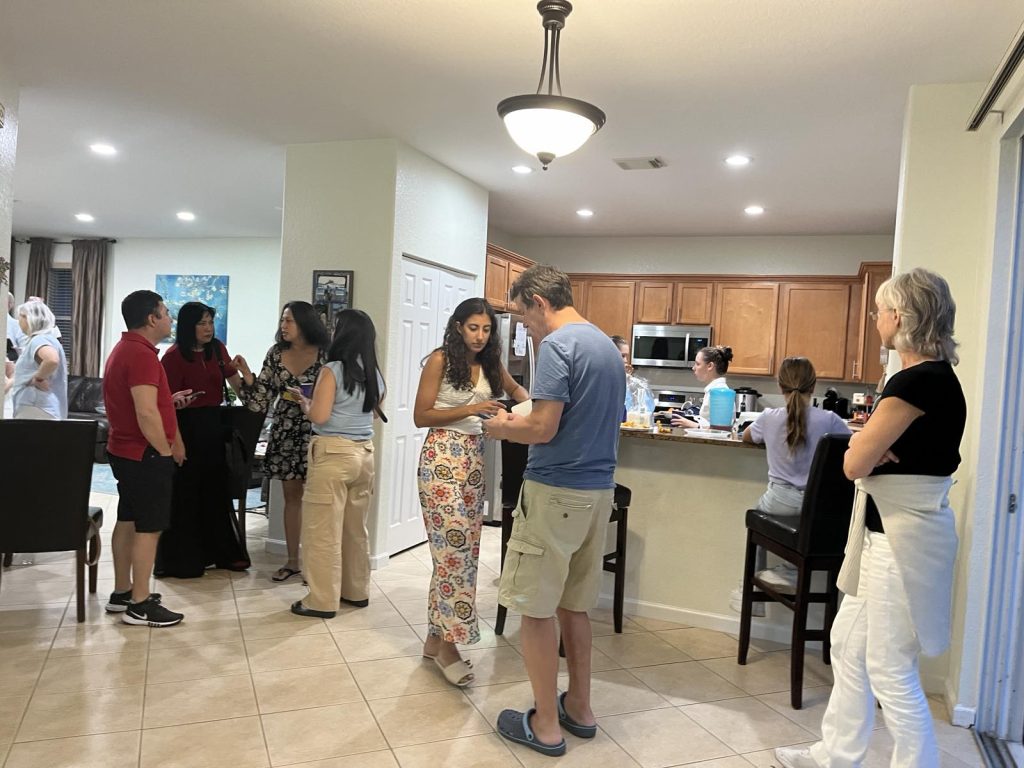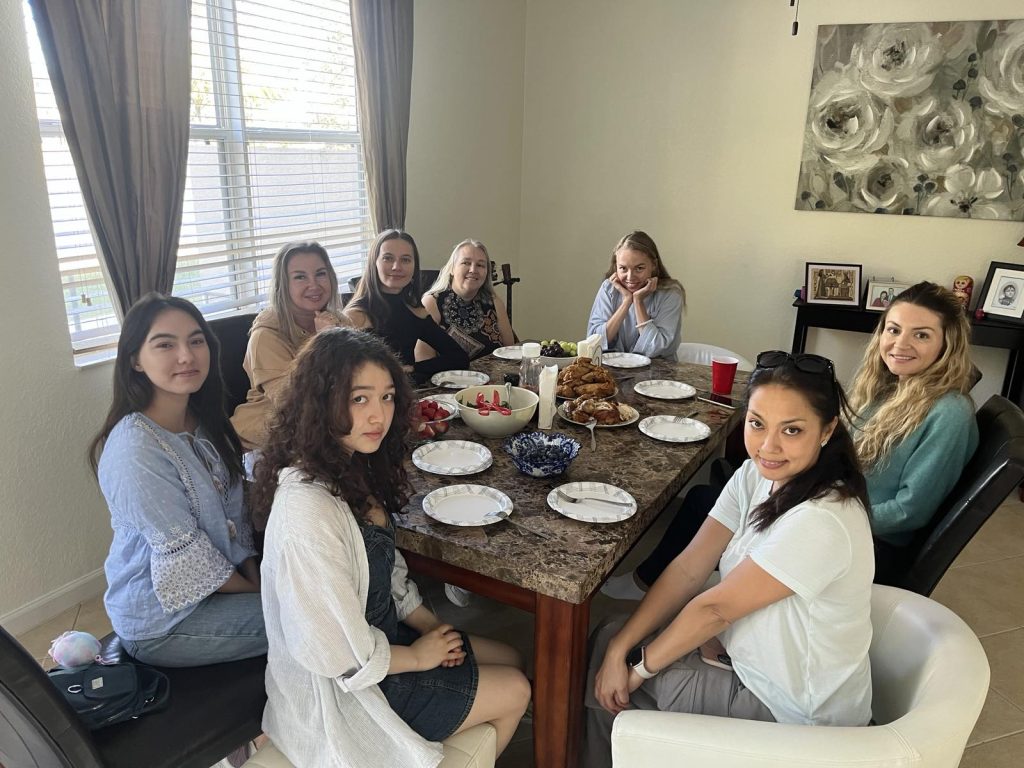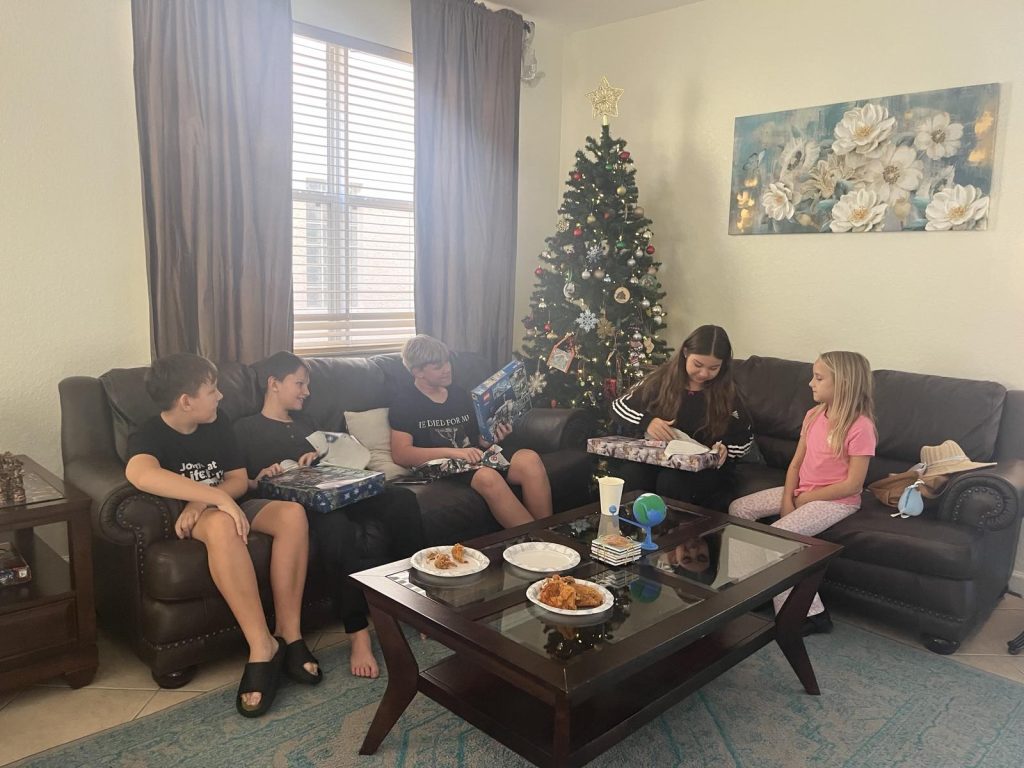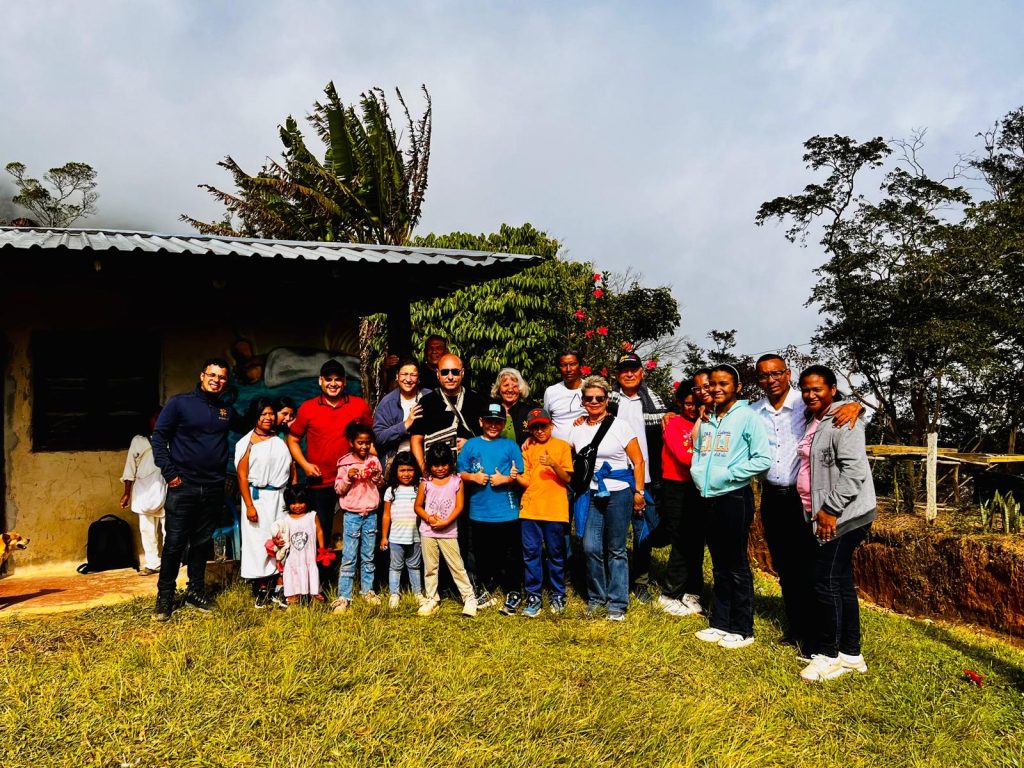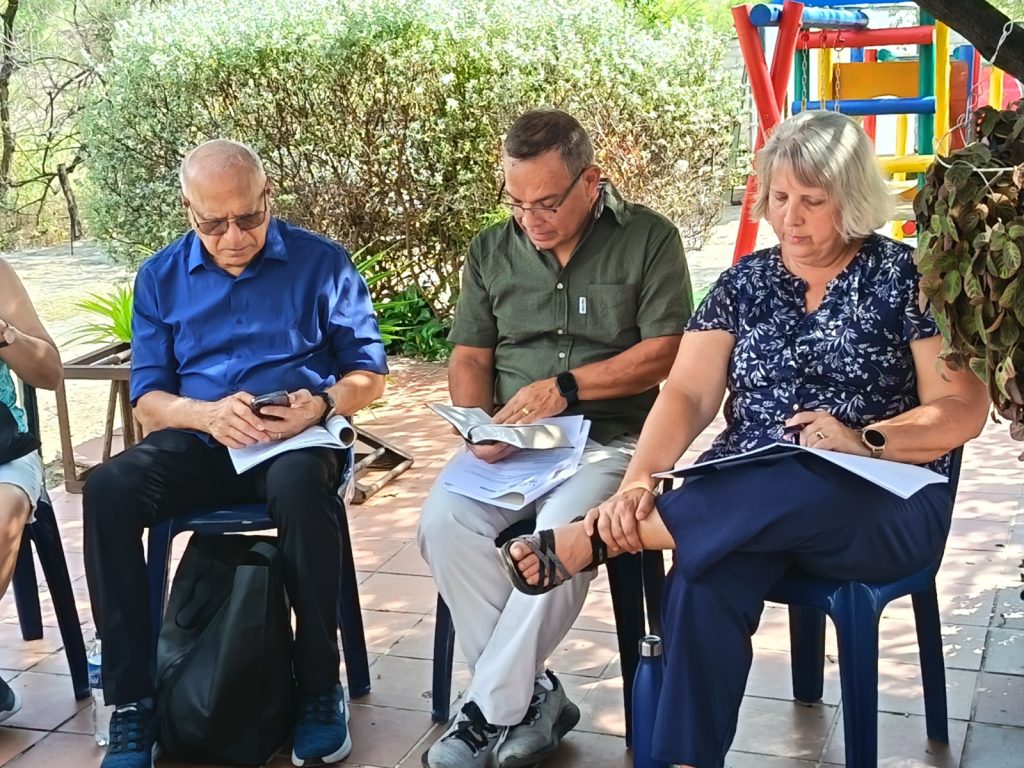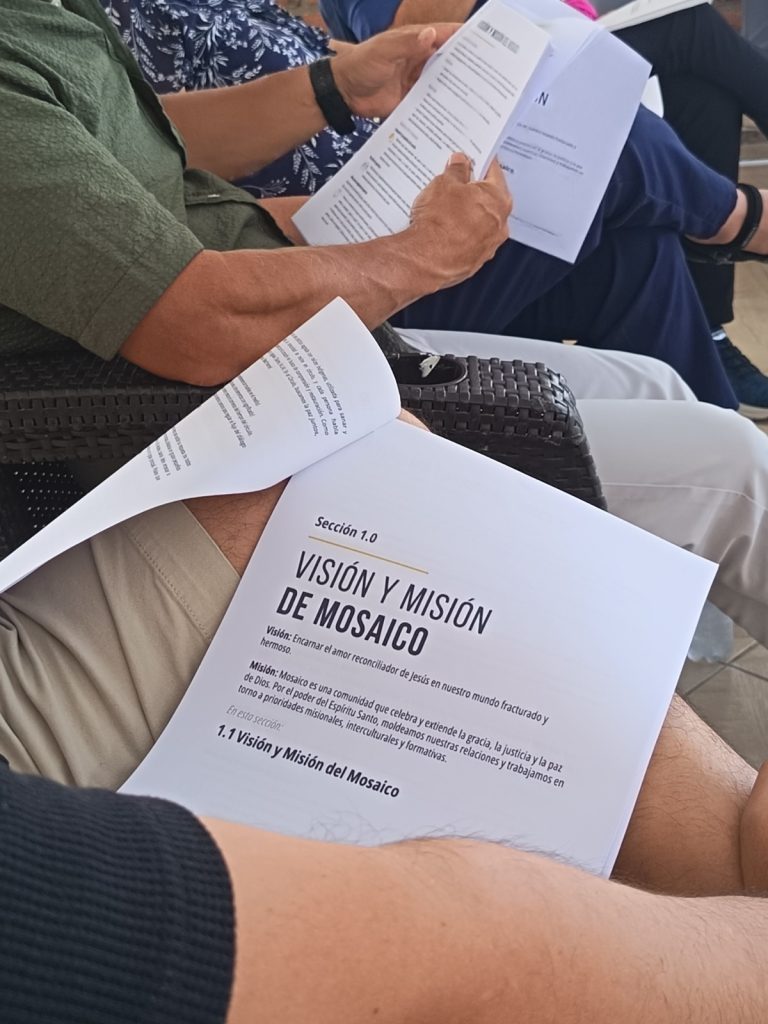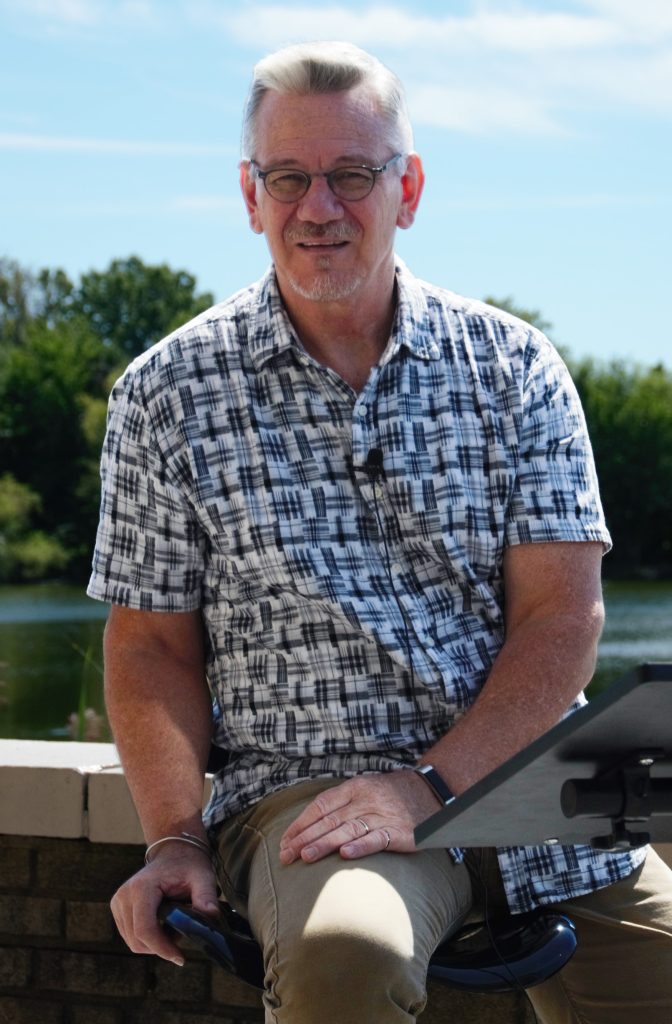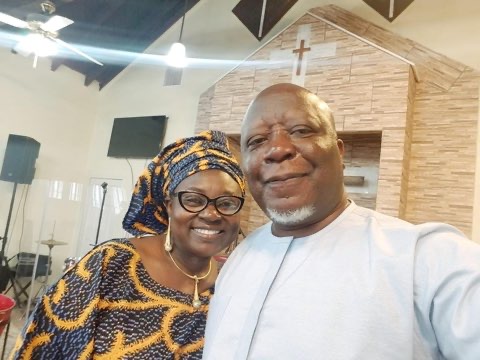by Javier Márquez
From February 6-9, pastors and leaders met in Santa Marta to strengthen relationships, deepen friendships, and continue discerning the Conference’s path in Colombia.
Participants included pastors from Anabaptist Community in Medellin, Shalom Mennonite, leaders from the Wiwa community in the Sierra Nevada, among others, along with Mosaic Conference staff members and spouses. This annual gathering has a clear purpose: to grow in mutual understanding, pray for one another, encourage ministries, and deepen our Mosaic Anabaptist identity in Colombia.
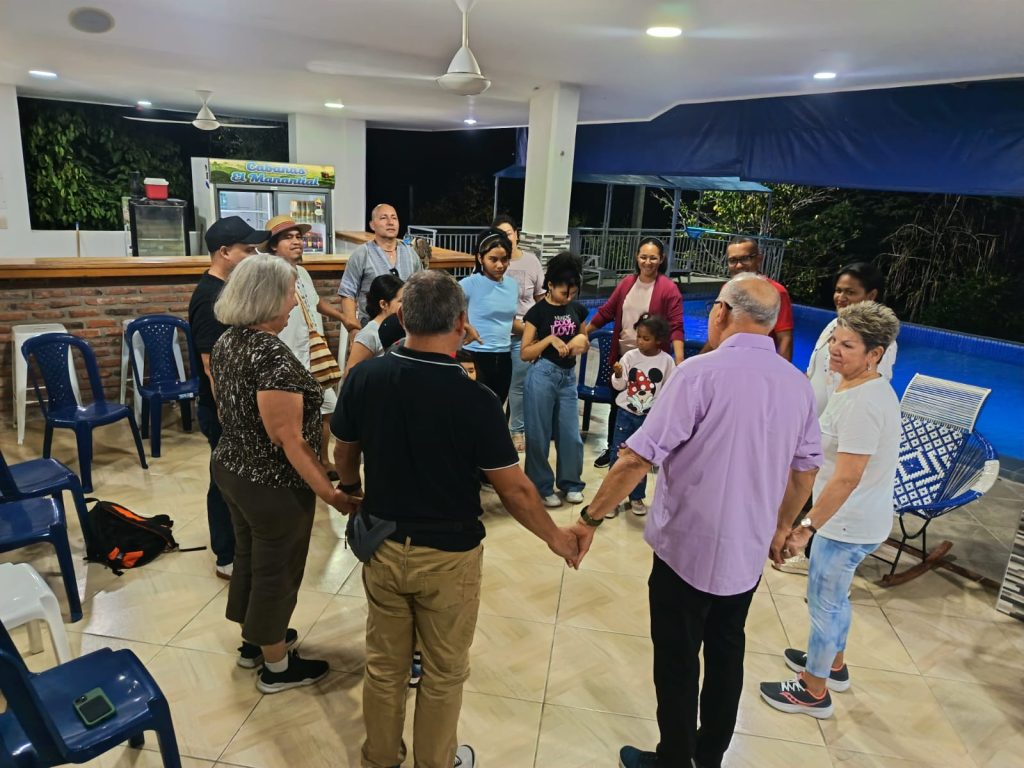
A central focus was studying the Mosaic Conference Priority Guide. Through participatory methods, the group engaged in honest conversation, active listening, and deep biblical reflection.
The Conference’s vision and mission were explored through three key lenses: formational, missional, and intercultural. The discussions moved beyond theory. Participants connected the priorities to real ministry experiences and the concrete challenges of living out the gospel across Colombia’s diverse regions.
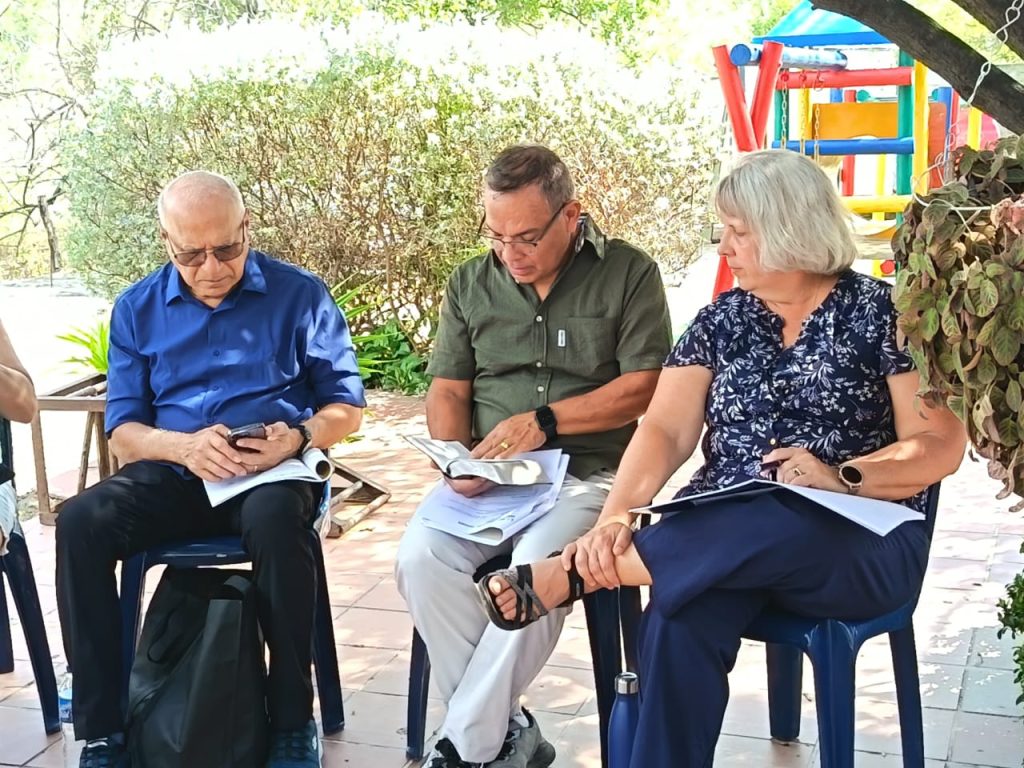
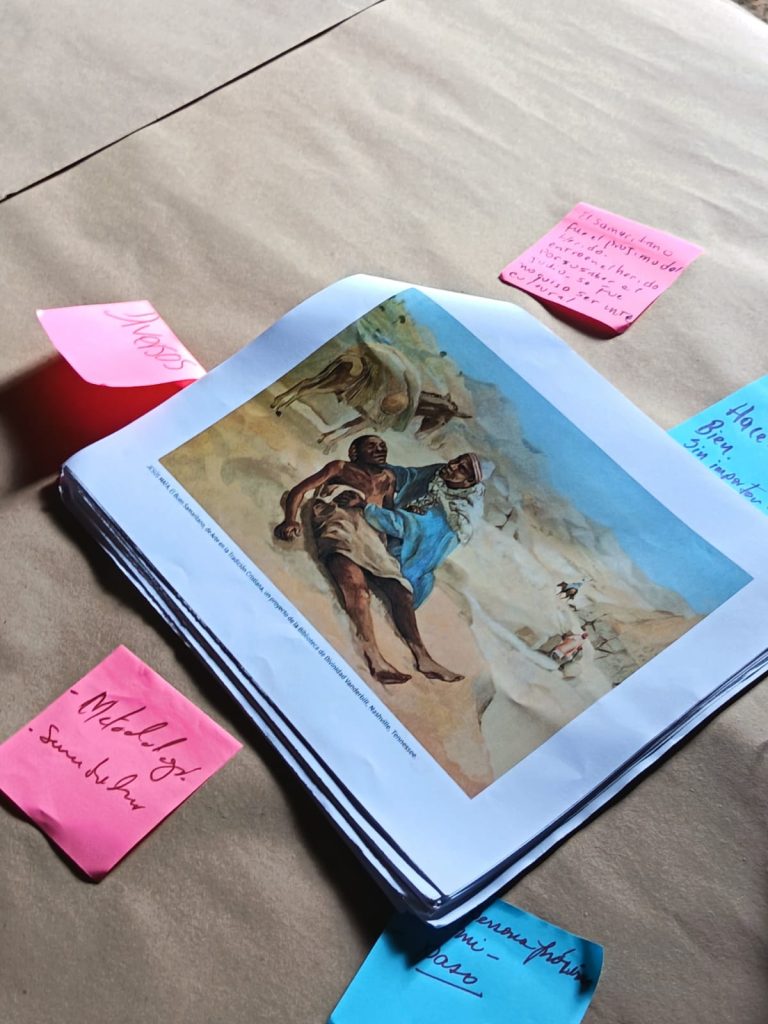
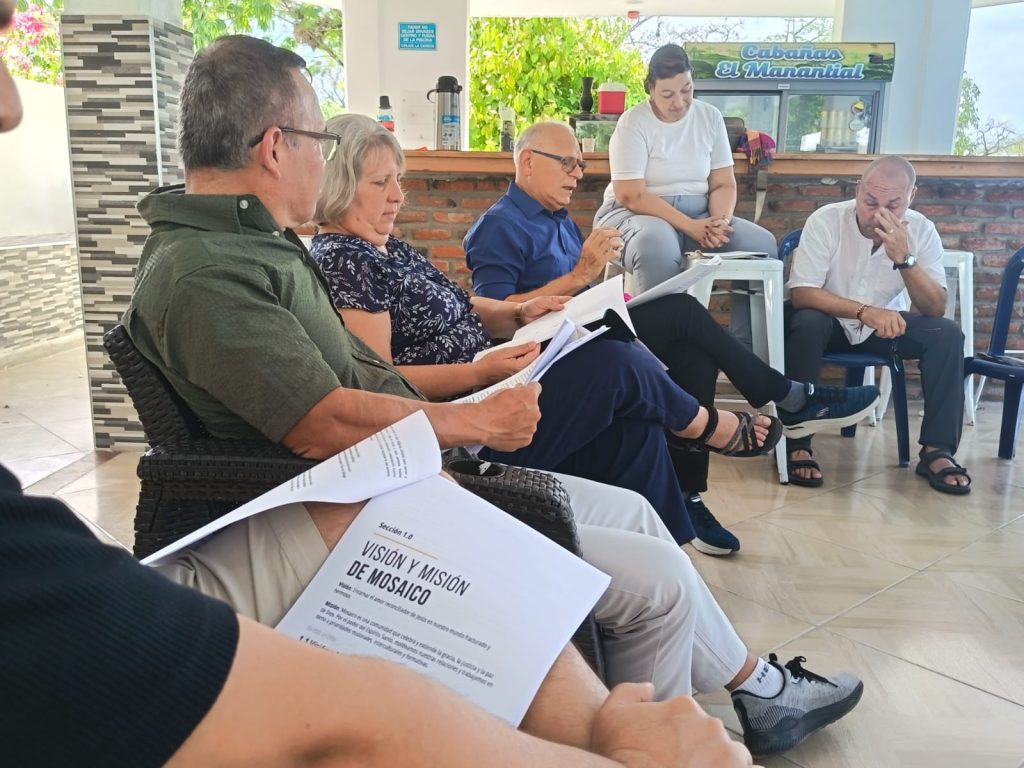
One of the most memorable moments was an invitation from Ismael Conchacala to visit his community in the Sierra Nevada. Surrounded by towering mountains and flowering trees in a tropical dry forest ecosystem, the group hiked, listened to Indigenous stories, and entered a traditional home where the community gathers around the fire to make important decisions.
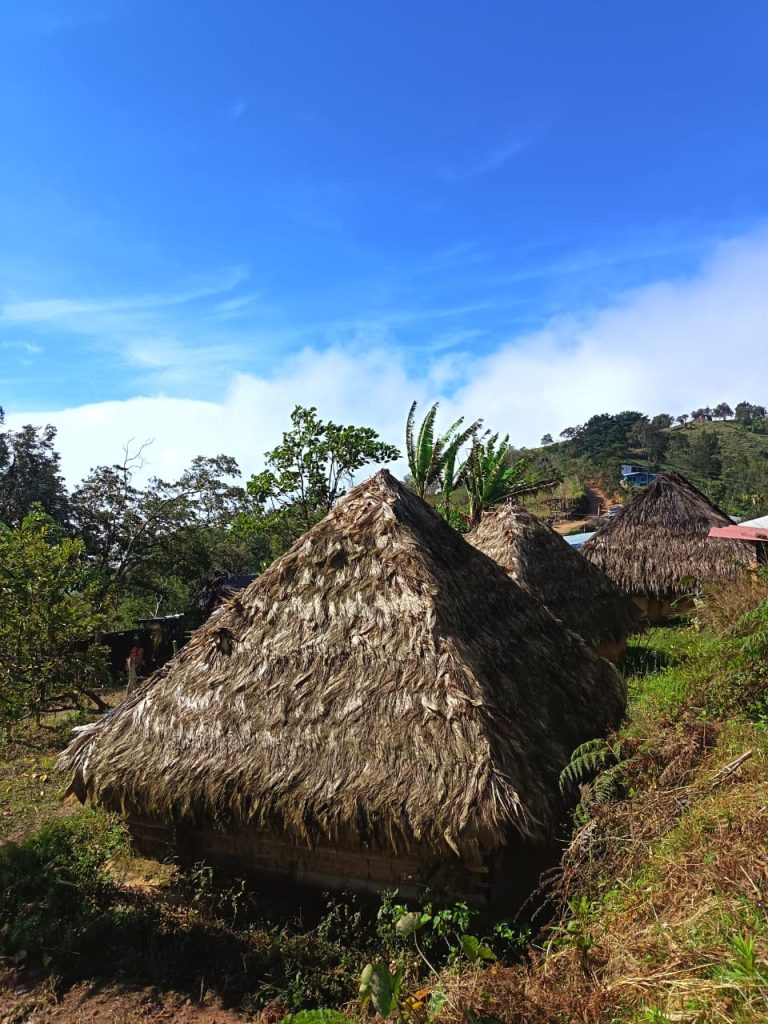
Being welcomed into that sacred space was a gesture of deep trust. There, Conchacala led a biblical reflection on the Good Samaritan, inviting the group to consider the “mosaic” within the church and the world, and the radical call to love those who are different. The mosaic image—diverse pieces forming a greater design—took on renewed meaning in that intercultural setting.
Hospitality enriched the day: Ismael’s family prepared a traditional sancocho stew, shared with laughter, stories, and gratitude.
Another significant moment came during a session led by Carol Ramírez. Leaders shared openly about personal and ministry challenges and prayed for one another. The gathering became a space of mutual care and spiritual strengthening.
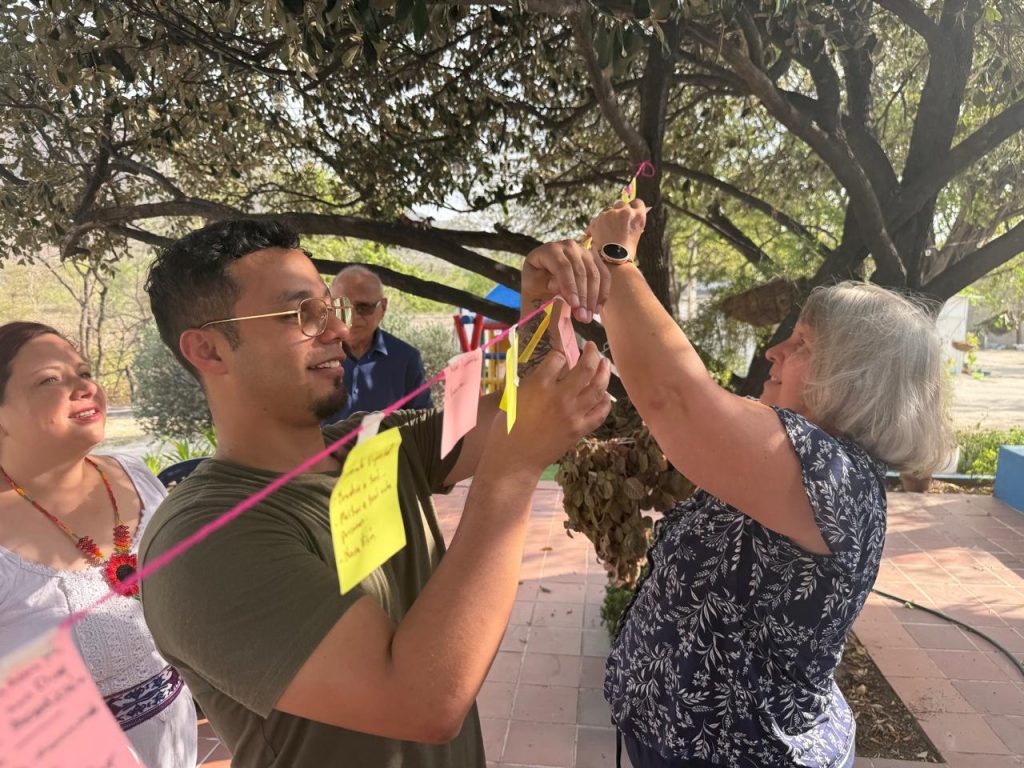
The farmhouse where participants stayed, perched on a small hill and cooled by mountain breezes, offered a fitting reminder that growth has seasons. Even in dry ecosystems, God brings fruit in time.
Children experienced their own time of connection. They enjoyed games, drawing, and swimming. Community life extended into recreation, with group games and a lively dance.
Amid conversation and discernment, leaders made a meaningful decision: the ministry formerly known as “Walking with Mosaic” will now be called Mosaic Colombia (Mosaicolombia). The change reflects a clearer identity rooted in Colombia and committed to the path God is shaping there.
The gathering in Santa Marta reaffirmed a shared call to walk together in diversity, deepen Anabaptist identity, and build the mosaic God is forming.
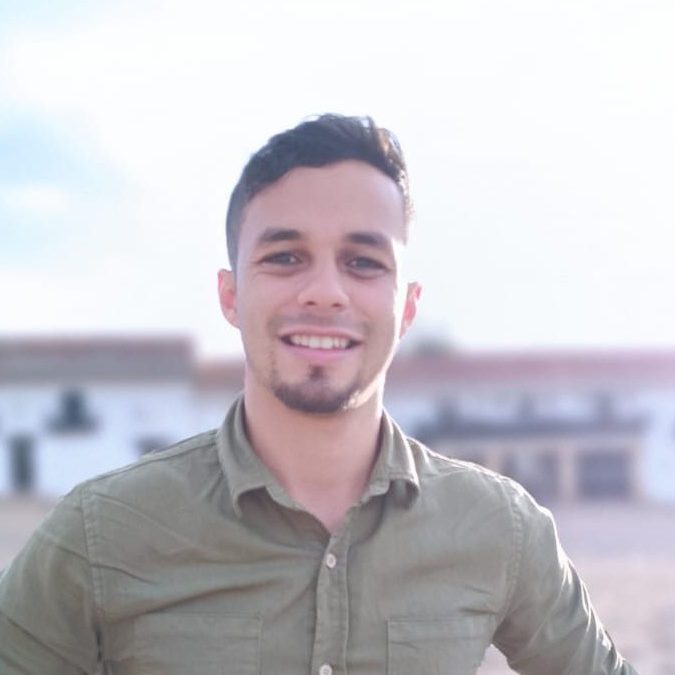
Javier Márquez
Javier Márquez is Associate for Communication and Community Engagement for Colombia. He is an Anabaptist Colombian pacifist and poet. He is based in Bogota, Colombia.
Mosaic values two-way communication and encourages our constituents to respond with feedback, questions, or encouragement. To contact Javier Márquez, please email jmarquez@mosaicmennonites.org.



